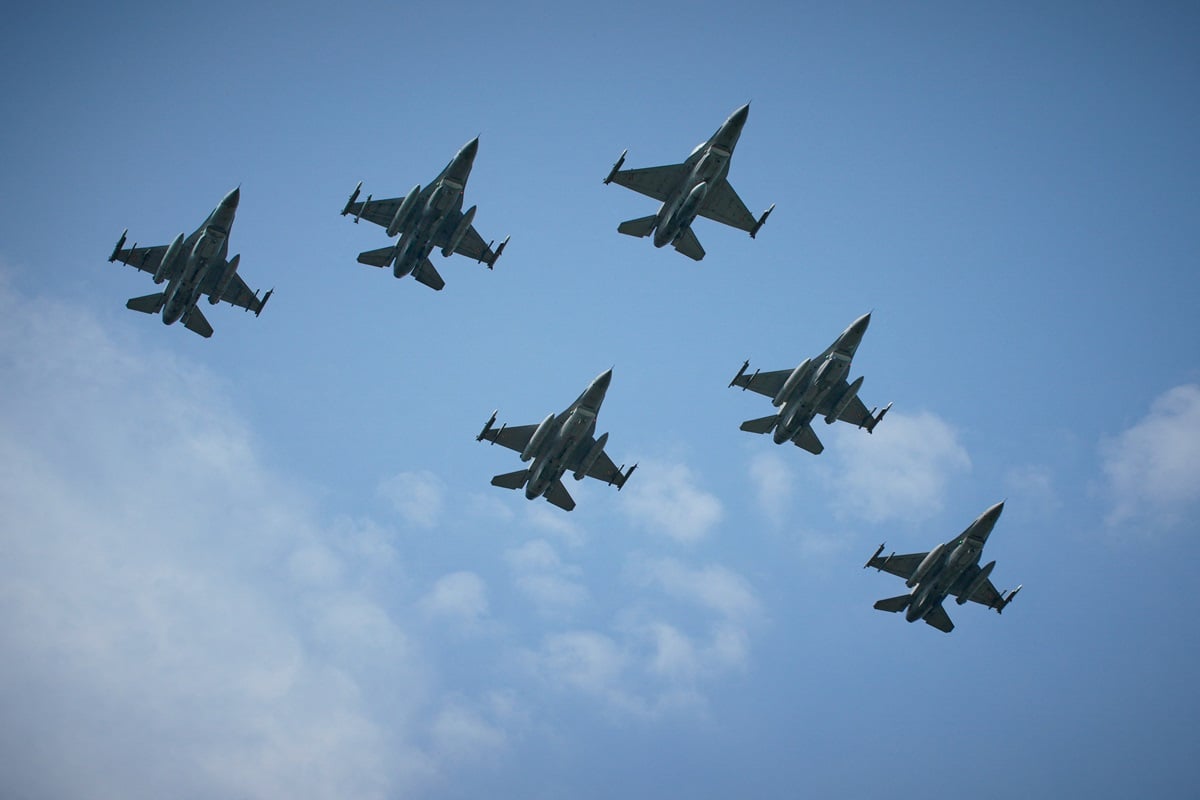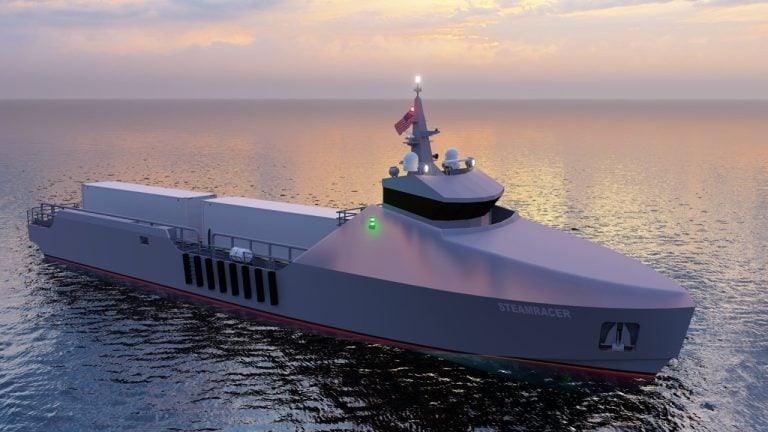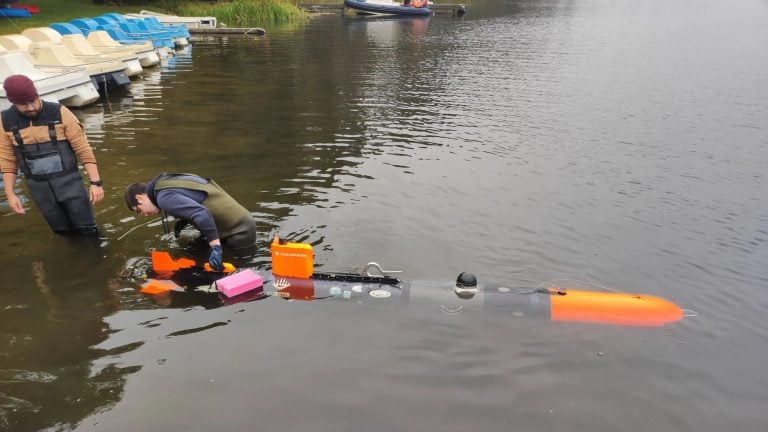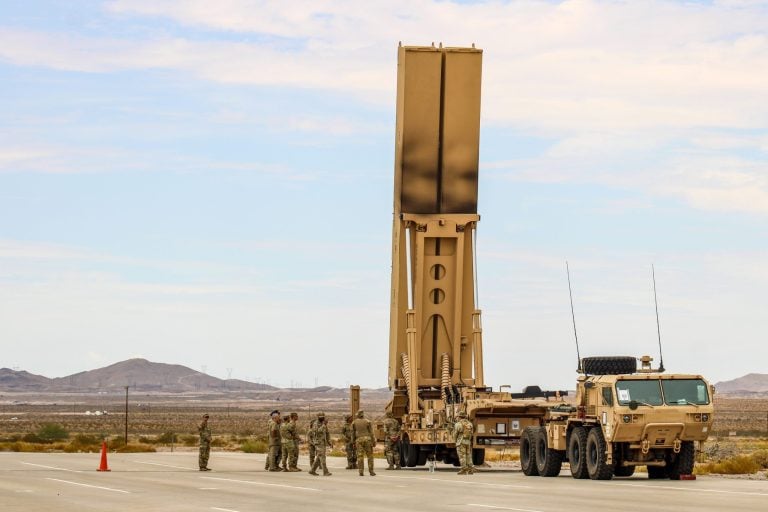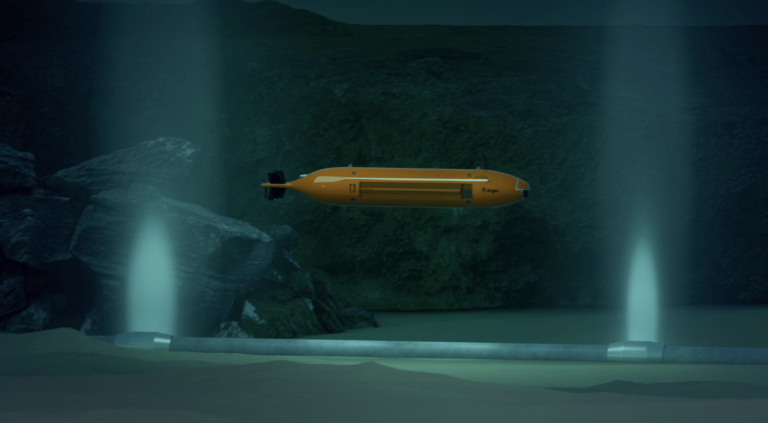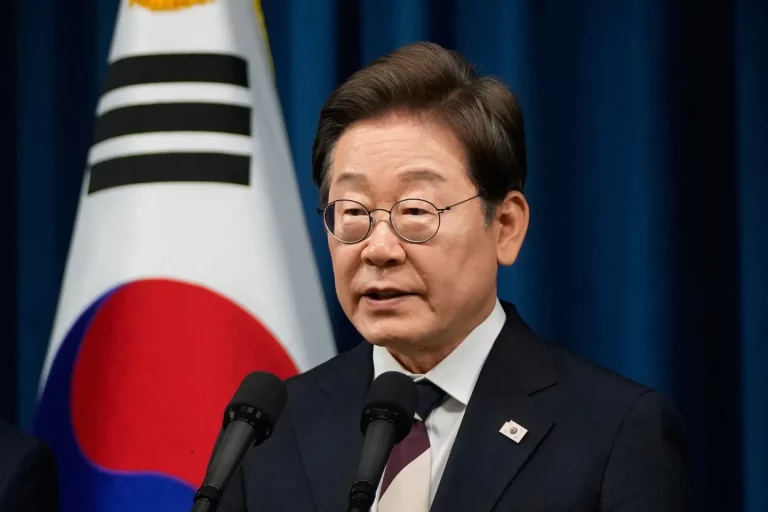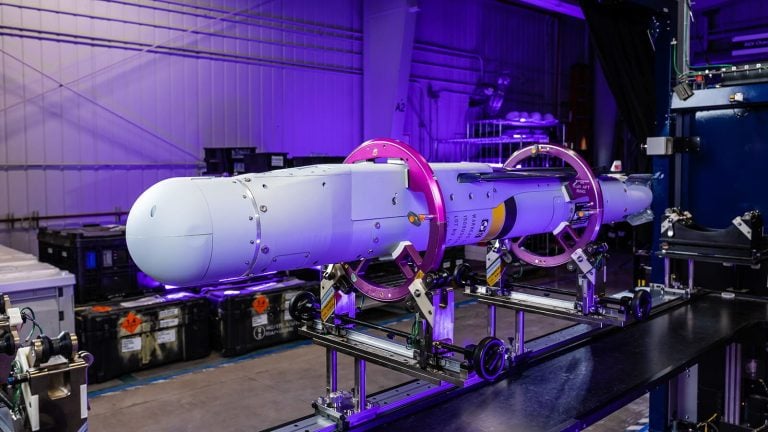In a significant statement that echoes historical precedents, Polish Foreign Minister Radoslaw Sikorski warned of the potential for a new arms race to destabilize Vladimir Putin’s regime, reminiscent of the fall of the Soviet Union. Speaking on Thursday, Sikorski’s remarks followed a NATO agreement to substantially increase defense spending among member nations, a move seen as crucial to countering the growing threat from Russia.
Sikorski articulated a parallel between Putin’s current military expenditure and that of Soviet leader Leonid Brezhnev during the Cold War, highlighting that excessive focus on armaments played a pivotal role in the Soviet Union’s collapse. He noted that Putin’s current strategy reflects a similar trajectory, stating, “He is waging a very expensive war and also provoked, scared the whole West into reinforcing its defense spending… We are doing it because Putin is threatening us.”
The Polish diplomat underscored the economic implications of this arms race, suggesting that Putin, with an economy comparable to that of Texas, would need to allocate increasingly scarce resources to defense. “Hopefully with a similar result for the regime (to that of the Soviet Union), but faster,” he added, alluding to a potential rapid deterioration of Putin’s power.
The discussions culminated in the NATO summit where leaders agreed to endorse a defense spending target of 5 percent of GDP, in line with a prior directive from U.S. President Donald Trump. This agreement includes a commitment for member countries to allocate 3.5 percent of their GDP to core military spending by 2035, alongside 1.5 percent dedicated to broader security-related sectors, including infrastructure development.
The backdrop of these discussions was significantly influenced by Russia’s ongoing invasion of Ukraine, which loomed large over the agenda and galvanized NATO’s resolve to bolster collective defense measures. The summit’s final communique explicitly identified the “long-term threat posed by Russia to Euro-Atlantic security,” framing the alliance’s strategic shift as a necessary response to Eastern aggression.
